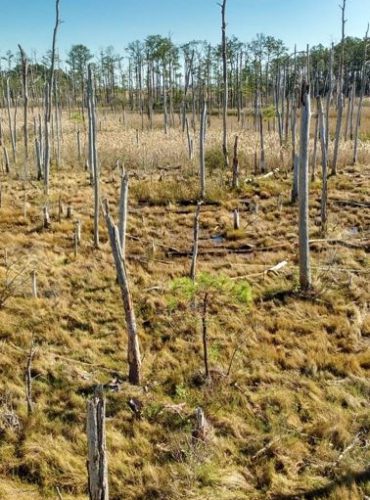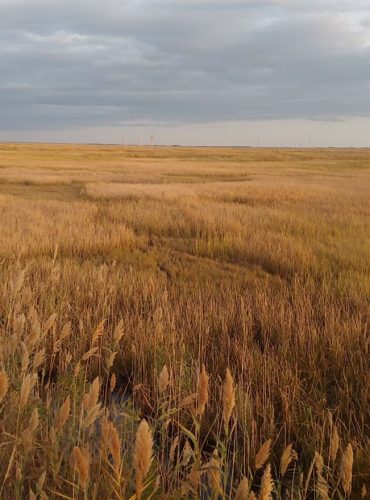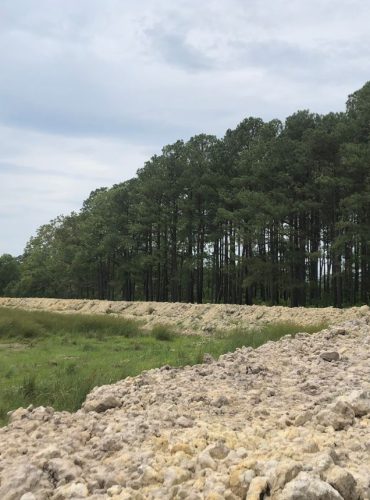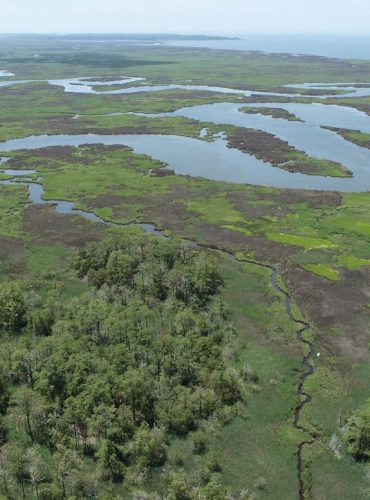Research Projects

Sea Level Rise
Sea level rise rates have roughly tripled since 1900, and our research team is devoted to understanding how coastal wetlands adapt to this ongoing change. We focus on how interactions between geomorphology and ecology influence the stability of the entire estuarine landscape. Recent projects include analysis of sea level rise impacts on historical timescales (analysis of sediment cores, maps, and tree rings), modern timescales (flooding experiments), and especially the development of numerical models to make future predictions.

Carbon-Climate Feedbacks
Salt marshes are among the most productive ecosystems on Earth, and are now thought to sequester as much carbon as temperate, tropical, or boreal forests. Their role in the global carbon cycle is a rapidly emerging field of study, and our research team is focused on determining how marshes will respond to and perhaps influence climate change. We have developed the only numerical model that simulates how climate impacts marsh carbon sequestration, and continue to design field experiments that inform or test model simulations.

Human Impacts
Coastal populations and wetlands have been intertwined for centuries, where humans both influence and depend on the enormous ecosystem services that wetlands provide. Regions of the world with large wetland losses tend to be in areas where humans have heavily modified the coast (Mississippi River Delta, Venice Lagoon, East China Sea). Our research team proposes that human impacts other than sea level rise are the biggest threat to wetlands. We therefore focus much of our work on upland land use change, and its effect on wetland migration and sediment delivery to the coast. Current projects include the role of deforestation in creating marshes, and understanding how marshes migrate into forests or fields.

Eco-geomorphic Theory
Marshes are perhaps the classic eco-geomorphic system where geomorphic processes both influence and depend on ecological processes. These unique interactions ultimately control the stability of coastal landscapes from the formation of tidal channel networks to barrier island evolution. Although ecogeomorphology is a common theme throughout all of our research endeavors, other ongoing projects include understanding marsh pond dynamics, and detecting early warning signals for catastrophic state change.